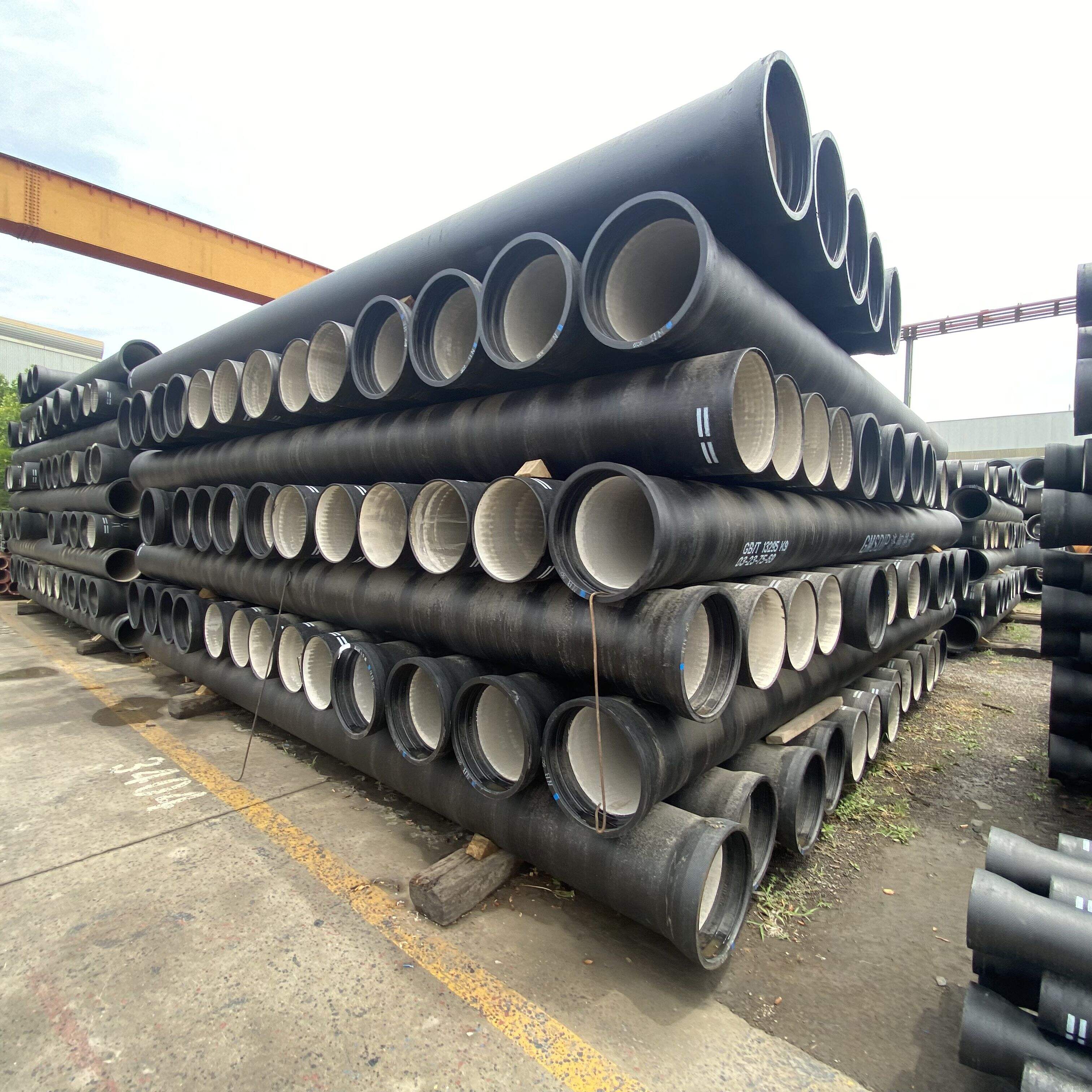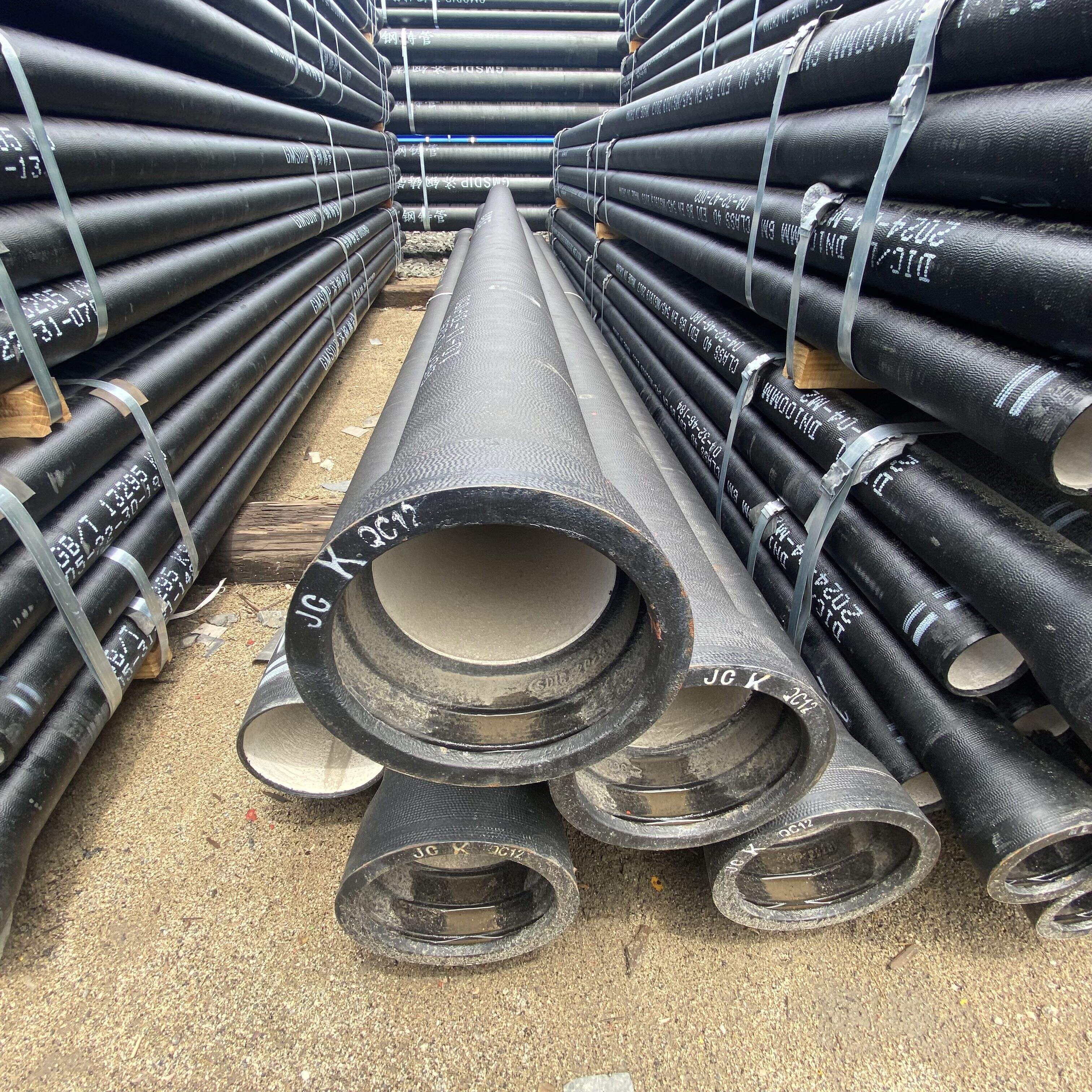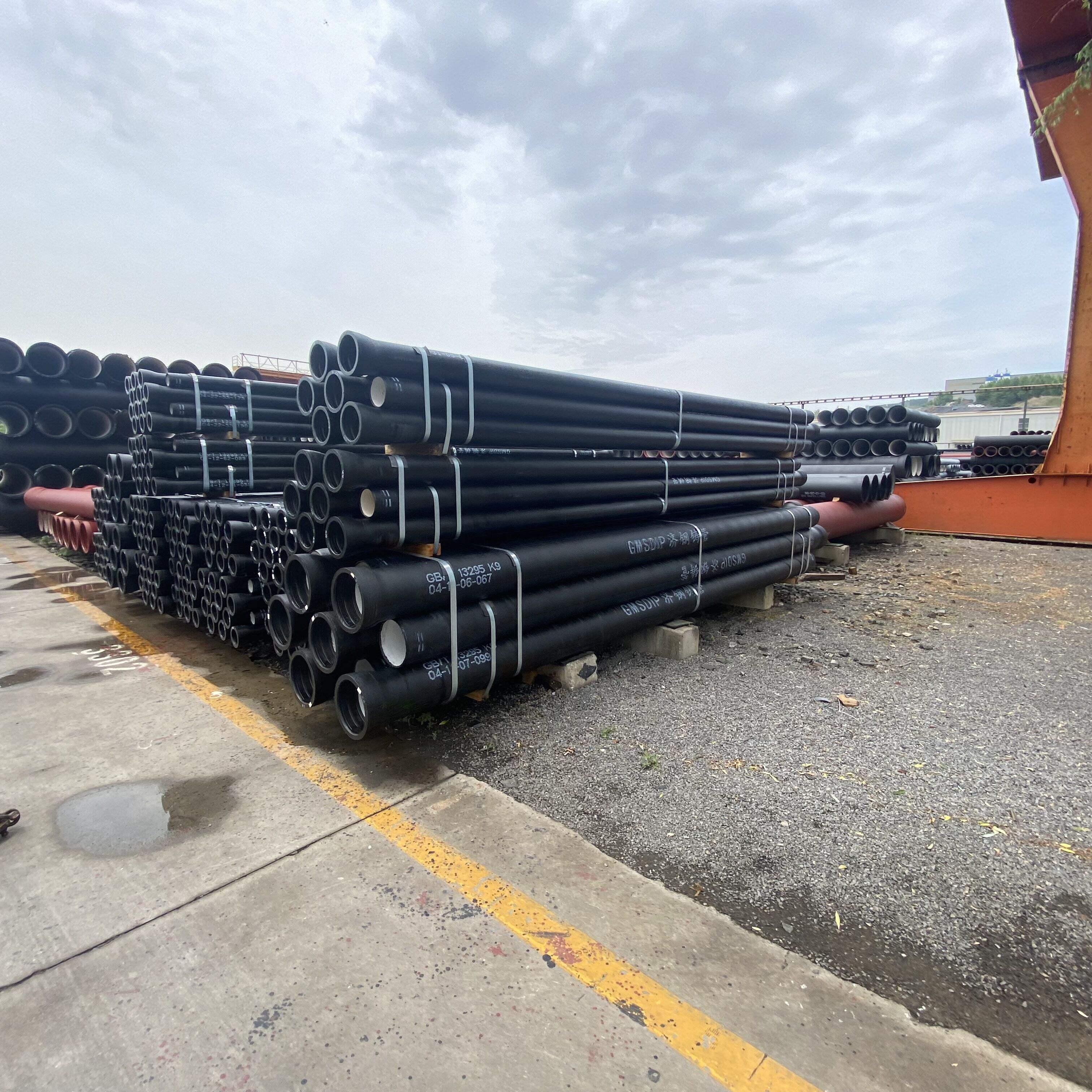ductile iron pipe
Ductile iron pipe represents a significant advancement in water and wastewater infrastructure technology, offering a robust solution for modern utility systems. This innovative piping material combines the corrosion resistance of iron with enhanced mechanical properties, making it an ideal choice for demanding applications. The pipe is manufactured through a sophisticated metallurgical process where graphite is transformed into spherical shapes within the iron matrix, resulting in superior strength and flexibility compared to traditional cast iron. With nominal diameters ranging from 3 to 64 inches, ductile iron pipes can handle working pressures up to 350 psi in standard applications. These pipes feature a protective coating system, typically consisting of a zinc or ceramic-epoxy layer, which significantly extends their service life by preventing external corrosion. The material's inherent strength allows for deeper burial depths and higher operating pressures while maintaining structural integrity. Ductile iron pipes are extensively used in municipal water distribution, sewage systems, industrial process lines, and fire protection networks. Their ability to withstand extreme conditions, including high-pressure surges and ground movement, makes them particularly valuable in seismic zones and areas with unstable soil conditions.


